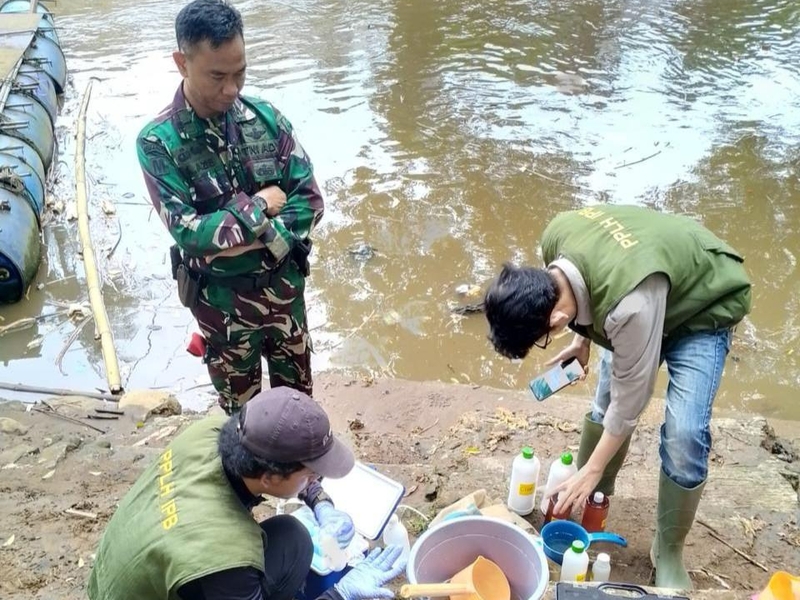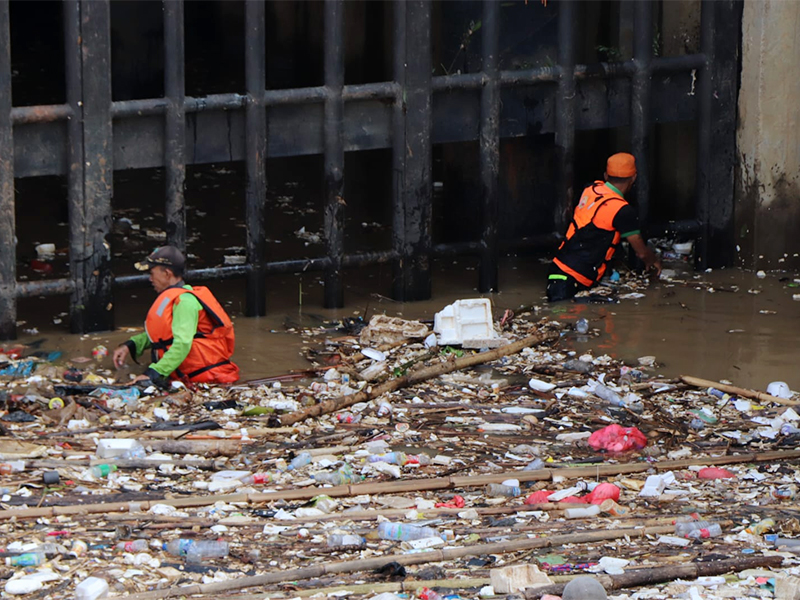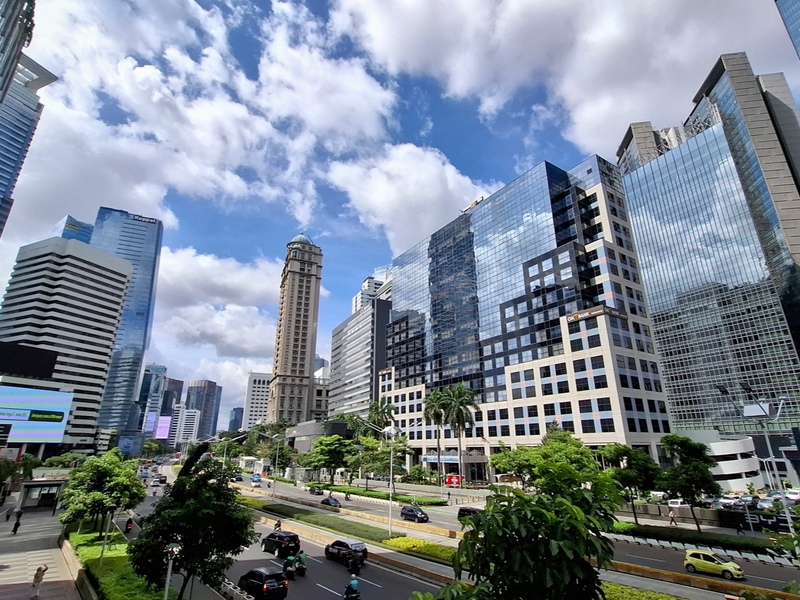Rivers with Severe Pollution in Jakarta Decrease
Reported by Aldi Geri Lumban Tobing | Translated by Rizky Mawardi
Jakarta Environmental Agency stated that river water quality in Jakarta has undergone significant changes. Pollution Index (IP) identification results show that rivers with severe pollution have been reduced to moderate pollution by 2024.
expand the domestic Wastewater Treatment Plant (IPAL) network
Agency's Pollution and Environmental Damage Control Sector Head, Erni Pelita Fitrarunnisa said heavy pollution dominated from 2021 to 2023. However, there was a decrease to moderate pollution in 2024.
"Overall, Jakarta's river water quality has remained heavily polluted over the past four years at 36 to 71 percent of monitoring points. This indicates the need for waste management interventions and improvements in domestic and industrial wastewater management," she said, Friday (7/18).
Jakarta Residents Invited to Campaign for Reducing Air PollutionErni explained that the pollution of Jakarta's rivers is largely due to wastewater from washing, bathing, and household waste (greywater). Residents dispose of dishwater and cooking water directly into the drains without prior treatment. Piles of garbage along the riverbanks are also a source of pollution.
She assessed that it happens because many houses in dense and slum areas do not have a proper waste management system.
She added that similar conditions also occur in business activities such as tofu factories, laundries, livestock farms, slaughterhouses, restaurants and workshops that do not have a good waste management system.
The agency will also to cooperate with regional working units as well as heads of urban villages, districts and mayors to socialize environment management to the MSMEs.
"Some markets also lack proper waste management systems. Wastewater from buying and selling meat, vegetables, and even organic waste flows directly into rivers, containing extremely high levels of pollutants," she added.
Erni continued that her team will improve handling and prevention measures through a collaborative and integrated approach, such as providing education in densely populated areas and businesses. This will also include law enforcement against businesses that fail to manage their waste properly.
"Jakarta Provincial Government will expand the domestic Wastewater Treatment Plant (IPAL) network through a cross-sectoral cooperation scheme, as well as regulate business activities that do not yet have a wastewater treatment system," she stated.



